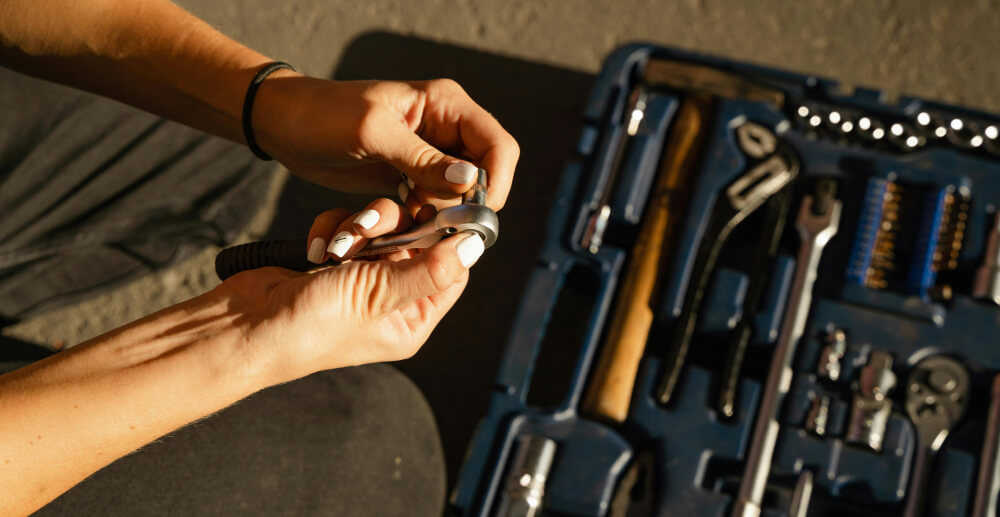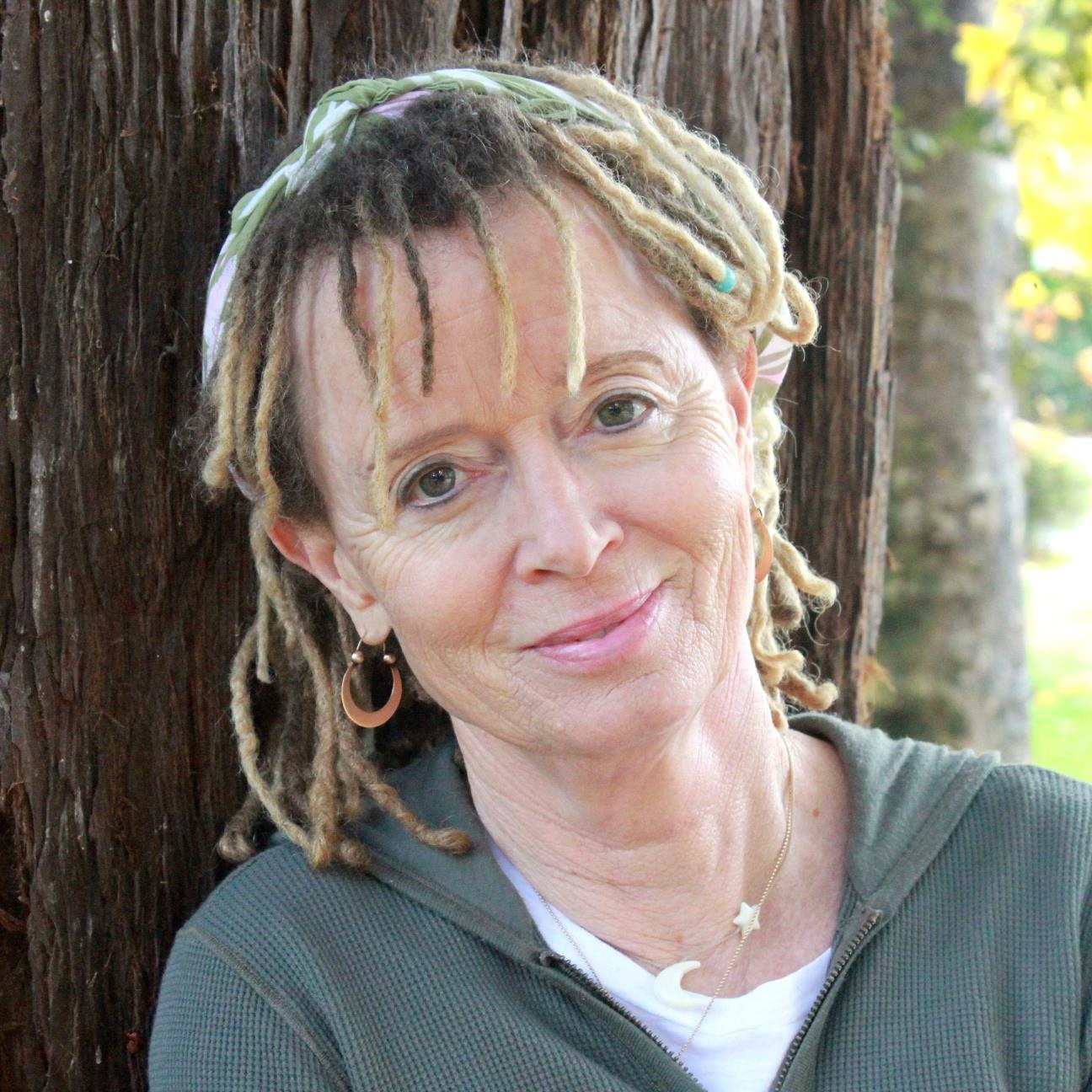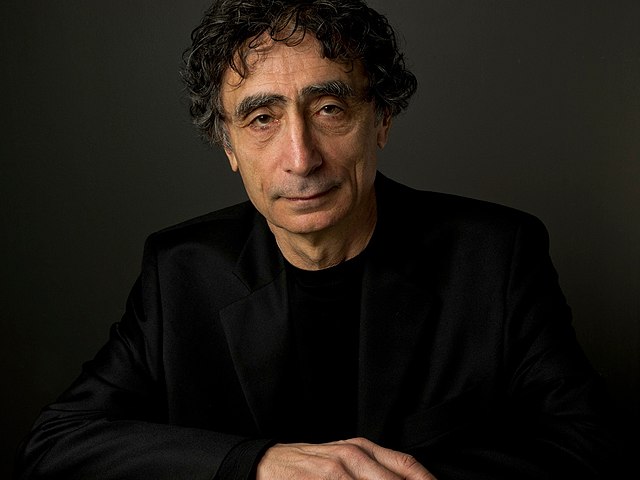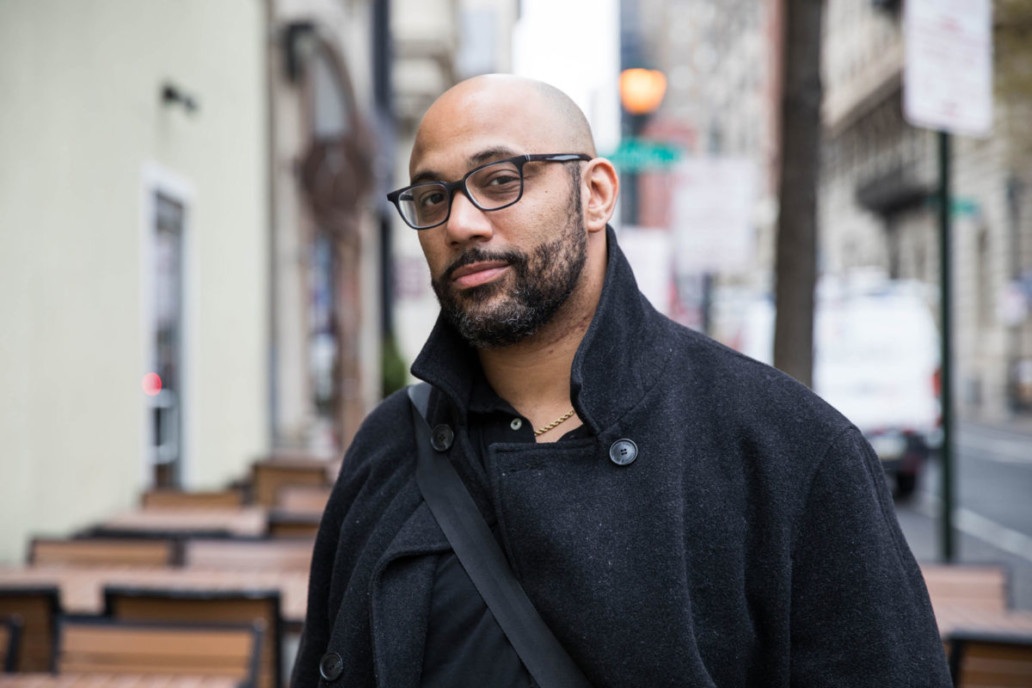Reading and listening to stories of recovery ignite hope: they show us that a world exists outside the pain and struggles of addiction. Telling our stories is perhaps one of the most powerful motivators to find recovery, as well as processing it. In fact, some recovery programs are founded upon the basis of spreading the message of recovery.
Upon finding recovery, we have a lot of work ahead of us: the emotional baggage of our addiction, unresolved and co-occurring disorders, and the fact we have to do this work without anesthesia. We again turn to those who have walked this path before us, to find inspiration in how they weathered these storms, and transformed into the incredible humans they are.
Newly transformed, many of us feel overcome by gratitude at our second chance in life. It compels us to fight for the humanity of the people suffering with addiction, and for the treatment of our fellows in recovery. Many of us are motivated to turn to advocacy work, activism. And many more become writers and journalists. Our joint mission is to shed a light on substance use disorder, fight the stigma attached to it, and banish the myth that we are a hopeless case.
“Our joint mission is to shed a light on substance use disorder, fight the stigma attached to it, and banish the myth that we are a hopeless case. ”
Our deeply painful work has shown us that the opposite is true: we are powerful, capable, and can transcend some of the most challenging situations life and illness can throw at us. In many ways we have become our own heroes.
It is challenging to list just eight of my fellow recovery heroes and thought leaders because there are so many more of us. That said, the following list is a picture of the people who have most influenced my recovery, advocacy, and writing:
1. Anne Lamott.
Writer, activist, and public speaker, Anne Lamott has been fundamental to developing my voice as a writer. She has given me hope at the darkest of moments, and the confidence to write with conviction about what happened to me.
“You own everything that happened to you. Tell your stories. If people wanted you to write warmly about them, they should have behaved better.”
2. William L. White.
Recovery advocate, author, and researcher, William White has made a profound contribution to the recovery community. He is a thought leader that almost everyone in the recovery movement looks to, professionals included!
His research has informed policy and inspired many of today’s leading activists and scientists. White has authored many books and hundreds of articles. If you haven’t already, check out his White Papers — a site that contains over 300 articles, book chapters, and interviews with recovery leaders — that speak of the recovery advocacy movement, recovery-oriented systems of care, and recovery management. He hopes that the site is used as a resource library that services present and future generations of addiction professionals, recovery coaches, and recovery advocates.
3. Gabor Mate.
While not in recovery, Mate is well-known for his expertise on substance use disorder, trauma, and mental health. He has specialized in these areas for decades. He has also made significant and life-long impact on how we view addiction. What I particularly love about him is how he calls for a compassionate approach toward substance use disorder. Mate believes that the source of addiction can be found in the trauma we experience in our childhood environment. With his books, I have developed more compassion toward myself and have gained significant insight to the trauma my body stores. He says,
“Not all addictions are rooted in abuse or trauma, but I do believe they can all be traced to painful experience. A hurt is at the center of all addictive behaviors. It is present in the gambler, the Internet addict, the compulsive shopper and the workaholic. The wound may not be as deep and the ache not as excruciating, and it may even be entirely hidden—but it’s there. As we’ll see, the effects of early stress or adverse experiences directly shape both the psychology and the neurobiology of addiction in the brain.”
— Gabor Mate
4. Jen McNeely.
Founder of Toronto-based site She Does The City, Jen is an inspiring thought-leader. I interviewed Jen several years ago when I was looking for something more in my recovery. I saw a fearless woman who was authentically sharing her story, and the stories and accomplishments of other Canadian women. What I particularly love most about Jen, though, is her sense of adventure: she encourages me to have more fun and bravely go out into the world. Having met her in person at She Recovers in NYC, I feel honored to call Jen a friend today.
5. Devin Reaves.
As a person who has been in living in recovery since 2007, Devin is an MSW and a grassroots advocacy leader. He came onto my radar this year with the life-changing work he leads as the co-founder and executive director of the Pennsylvania Harm Reduction Coalition. Some of his achievements include successfully campaigning for increased access to Naloxone, the implementation of Good Samaritan policies, and the development of youth systems of care. He is also passionate about leading meaningful public health policy changes around substance use disorder.
6. Brooke Feldman.
Brooke is an MSW and social justice activist. She has taught me so much about what it means to fight for equality, the inequalities that exist within our recovery community and provision of care — especially for people of color and those in the LGBTQ+ community. Many of us could learn from Brooke’s efforts to make recovery and wellness accessible to all.
“Recovery has allowed me to turn my fate into destiny and to live up to some of the things that were buried deep within. The best part of all is that any human being still breathing has the chance to do the same.”
7. Recovery Scientists.
For a long time research has been crucial to our understanding of substance use disorder, but the science of recovery — while well-researched by the likes of William White and John F. Kelly — hasn’t received as much of the limelight.
Over the past few years we have seen the emergence of scientists and thought leaders, such as Robert Ashford, Brandon Bergman, Austin Brown, Brent Canode, Brenda Curtis, Emily Eisenhart, and Jessica McDaniel, bringing to the fore groundbreaking research and initiatives focused solely on recovery. One of the most popular studies has been on the use of biased language, the definition of recovery, and the recovery ready communities model and framework. Other notable achievements include the formation of The Recovery Science Research Collaborative (RSRC) and the Journal of Recovery Science.
8. Dr. Jamie Marich.
Marich is a counsellor, expressive arts therapist, founder of the Institute of Creative Mindfulness, and the creator of dancing mindfulness. She’s written several books on trauma, and I had the pleasure of reviewing her most recent book which uses art therapy to process trauma. She is a true asset to our community, using and adds the crucial element of the arts and creativeness to our recovery toolkit.
“By shedding the layers of what is expected of me and of what others have tried to make me believe about myself, I’ve found freedom to be as I am supposed to be in this body, in this life, in this world.”








